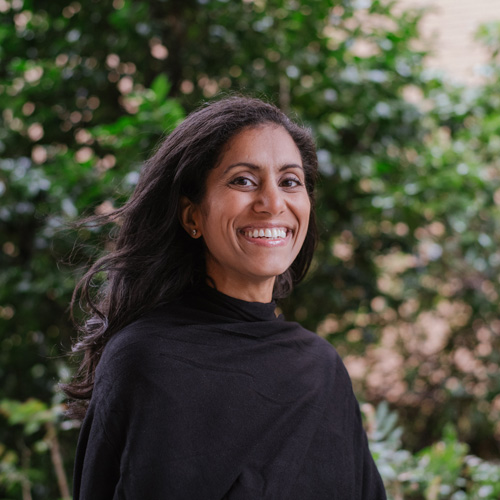Breast health starts with eating healthy and being active

A message from Dr. Unjali Malhotra, Medical Director, Women's Health, FNHA Office of the Chief Medical Officer (OCMO)
Although breast cancer is one of the most common cancers among First Nations women in British Columbia – over a lifetime (if a woman lives to 80 years old), the risk of breast cancer is one in eight – there are many lifestyle choices we can make that are impactful on maintaining breast health and reducing risks. In fact, 42 per cent of breast cancers are linked to lifestyle, while 10 per cent or less are linked to genetics, according to the BC Cancer.
Modifiable / lifestyle factors
Protective lifestyle choices that reduce breast cancer risk include:
• Limit or avoid alcohol. Even in small quantities (<1 drink a day), alcohol increases your risk of breast cancer. (Speaking of alcohol, I hope you're participating in the Office of the Chief Medical Officer's "Sober for October" challenge! If you haven't heard of it yet, check it out here and jump on the bandwagon – better late than never!)• Breastfeed if you can. The longer and more you breastfeed, the lower the risk of breast cancer!• Maintain a healthy body weight. Following the FNHA's four wellness streams, including "Eating Healthy" and "Being Active," will help you maintain a healthy body weight. Obesity is a risk factor for breast cancer.• Talk to your health care provider. If you notice changes in your breasts (e.g., redness, nipple discharge, or changes in appearance), talk to your health care provider. • Get mammograms. It is best to get regular mammograms to ensure that if there is an abnormality it is found early and is more likely to be treatable. In BC, women between 40 and 74 are eligible for free mammograms, and there is a mobile mammography service that visits some First Nations communities.• Read up on what else you can do to protect your breasts. Good sources of information include: http://www.bccancer.bc.ca/screening/breast/breast-health/breast-density http://www.fnha.ca/WellnessSite/WellnessDocuments/Cancer-and-First-Nations-Peoples-in-BC.PDF.
Non-modifiable / genetic risk factors
Age and family history are non-modifiable risk factors, as is higher or increased breast density. Milk glands, ducts and tissue (but not fatty tissue) make up dense breast tissue. This density decreases with age and can sometimes be impacted by hormone use; otherwise, there is not much that is known to be reliable in modifying this risk factor.
The good news is that as of this month, BC will be the first province in Canada to directly report breast density mammogram results to women and our health care providers so we can be better informed and supported in monitoring and managing our own breast health. Until now, breast density information was only available by request through the Breast Screening Program. I urge you to review your report with your health care provider, once you receive your results!
About Breast Cancer Awareness Month
Breast Cancer Awareness Month is an annual international health campaign organized by major breast cancer charities every October to increase awareness of the disease and to raise funds for research into its cause, prevention, diagnosis, treatment and cure. The campaign also offers information and support to those affected by breast cancer.

